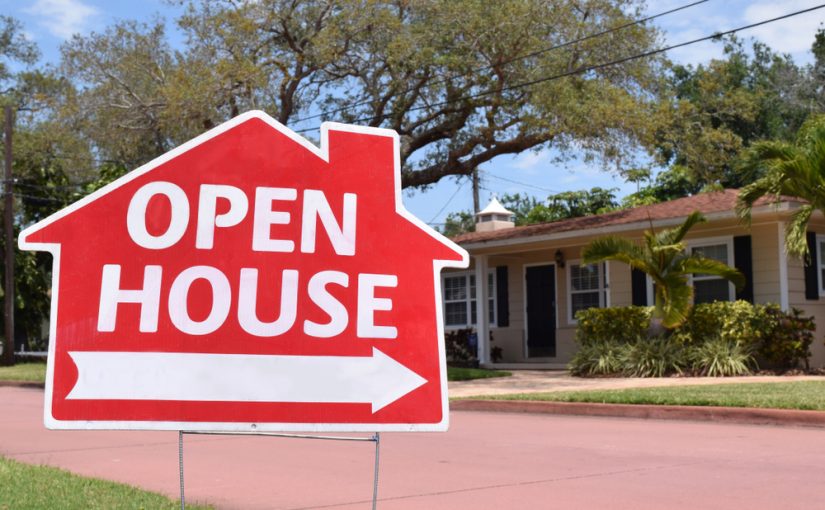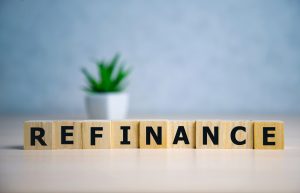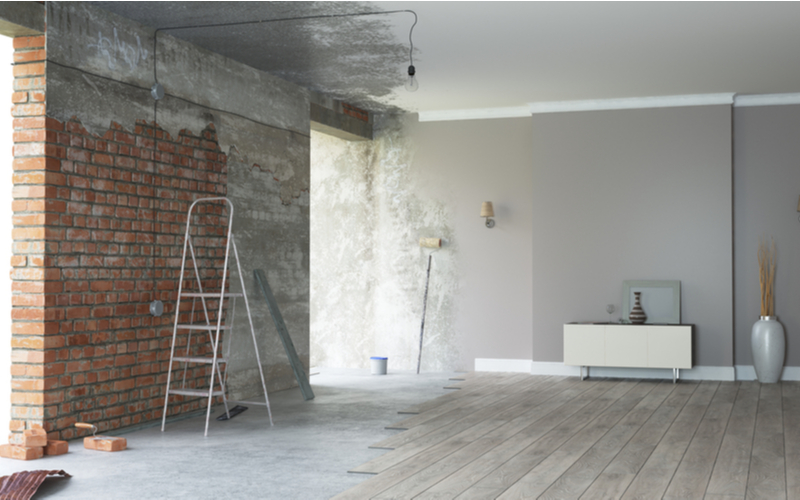
Homeowners understand the time, energy, and costs that go into buying a home, but when it comes time to sell their home, they may not be as prepared. Whether it’s making repairs and upgrades to increase a home’s value, or taxes that need to be paid, there are potential costs that homeowners must realize when selling a home.
Home Repair Costs
Before putting your house on the market, there may be some repairs that need to be made. Patching holes in the walls, painting, replacing faulty appliances, and making sure there are no leaky showers and faucets will make your home more attractive to a buyer. If you aren’t up for making repairs, there is always the option of crediting your buyers with money to make the repairs themselves.
Taxes
There are two types of taxes that homeowners may have to pay when selling their home.
- are often paid annually and will be prorated for the amount of time you have owned the home. Therefore, if you sell your house on July 1st, you will be responsible for taxes from January 1 through June 30, while the buyer of the home will be responsible for the rest of the year.
- Capital Gains Taxes are calculated after you sell your home and make a profit. You may be able to exclude $250,000 if you file your taxes individually or $500,000 if you file with a spouse. Make sure to consult with a tax professional if you anticipate a large gain from the sale of your home.
Real Estate Agent Fees
Real estate agent commission fees are usually 6% of your selling price. While there are discount brokers out there, remember that, just like with other aspects of life, you get what you pay for. Trusting a local, professional real estate professional usually pays off by getting good representation and potentially a higher price for your home.
Closing Costs
Common closing costs include title insurance, transfer taxes, homeowner’s association fees, and property taxes owed for the amount of time you lived in the home. Buyers may be asked to pay for some of them, but it is likely that as a seller you will have to contribute to the costs.
Butler Mortgage Can Help
The process of transitioning between homes can become costly and overwhelming. Thankfully, Butler Mortgage has been working for over 25 years to make the home buying and selling process more comfortable and seamless for all parties involved. Let us help you through your journey by calling 407-931-3800 or by filling out our free consultation form online.

















